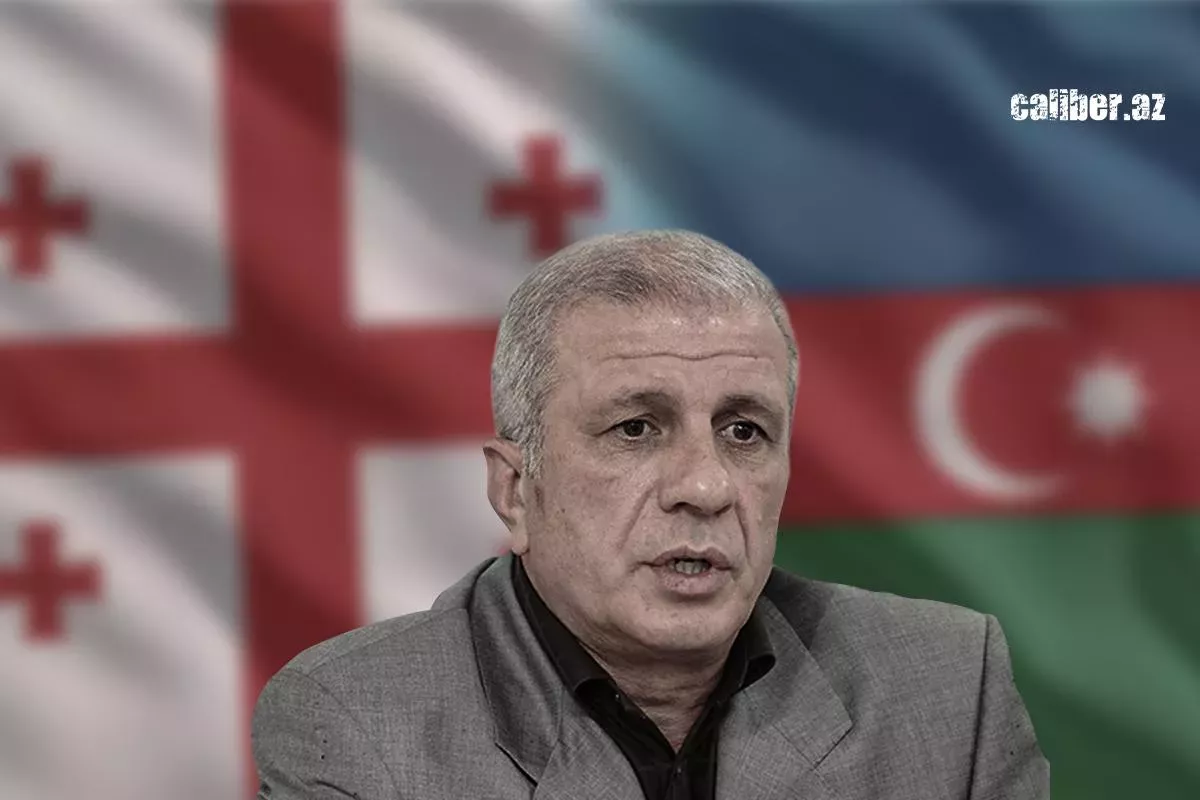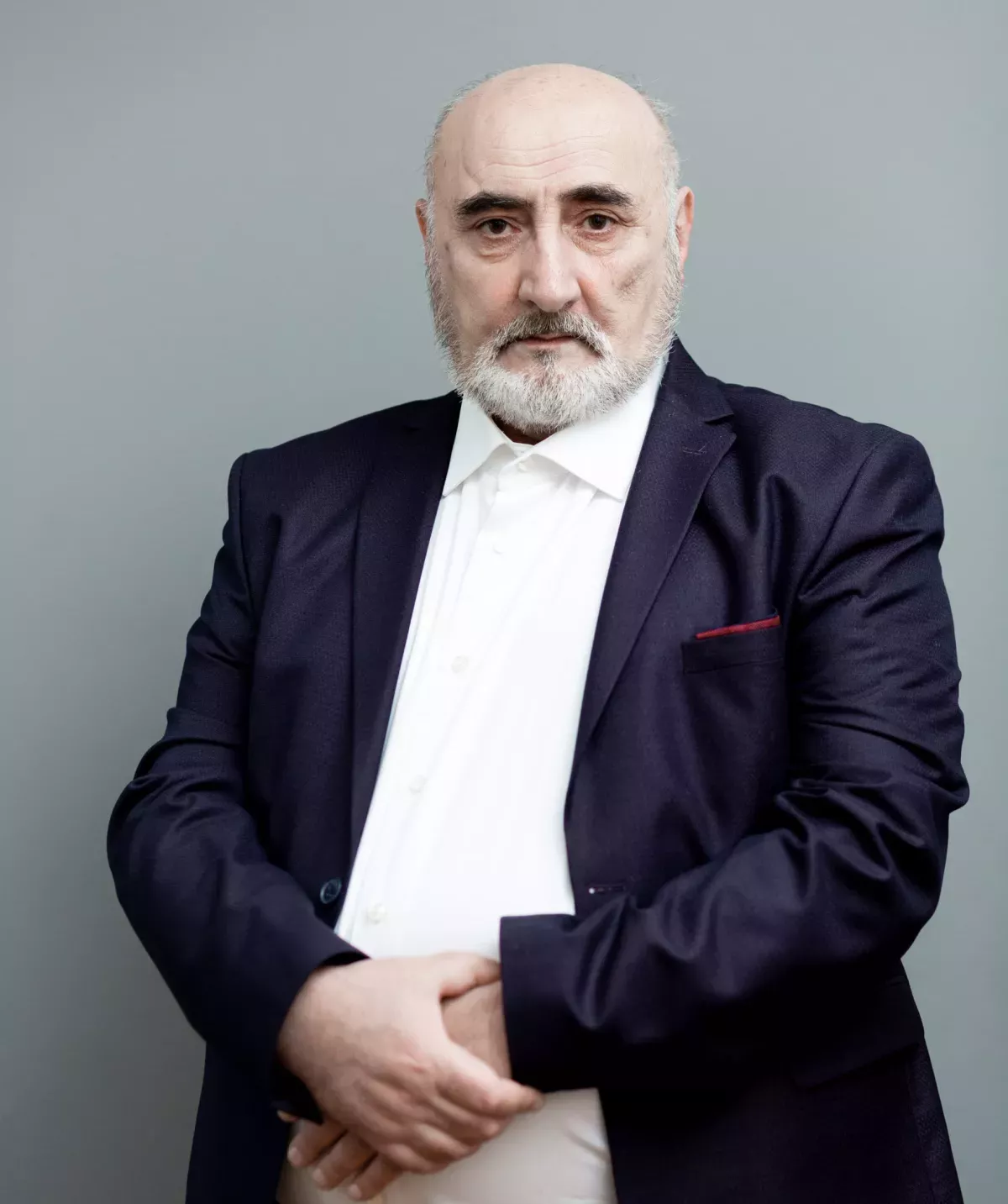Georgian opposition's letdown: The price of overreliance on Western promises Expert insights
On October 28, supporters of Georgia’s opposition held a rally in Tbilisi against the results of the parliamentary elections, in which the ruling party, Georgian Dream, emerged victorious. The protest took place in front of the parliament building.
Let us recall that on October 26, parliamentary elections took place in Georgia, during which the ruling party, Georgian Dream, secured victory despite facing unprecedented pressure from the West. However, the Georgian opposition has rejected the election results and is attempting to contest them by mobilizing its supporters on the streets of Tbilisi.
What is currently happening in Georgia? How does Georgian society view the results of the recent elections? A correspondent from Caliber.Az reached out to Georgian political scientists to discuss these pressing questions.

According to Zaal Kasrelishvili, the chairman of the Confederation of the Peoples of the Caucasus, the elections witnessed a high voter turnout, surpassing the levels seen in the previous elections in Georgia in 2020.
"I believe that many living in the post-Soviet space need to understand that noise, chaos, and revolutionary calls will no longer win elections through sheer force. While it cannot be said that the Georgian opposition lost the elections, as they collectively gathered around 40 per cent of the votes, it is precisely their disunity and inability to unite that, I think, prevented them from winning. The opposition's statements have already become tiresome for the Georgian people, so they should be grateful for any support they receive from the public, as well as to God. They need to reflect on their own shortcomings rather than blame the electoral system and the authorities.
It is also clear that the Georgian opposition will not leave the political scene; they will always strive, if fortunate, to achieve the resignation of the government. The people of the country have elected Georgian Dream for the fourth time, which undoubtedly places a significant responsibility on the party. The public's reaction could be severe if Georgian Dream fails to fully uphold its pre-election promises. In a year, we have local government elections, so the opposition still has a chance to try their luck and earn the trust of the people.
Currently, the opposition needs to avoid flirting with the West and bargaining with the government; instead, they should strive to connect more closely with the populace—qualities that Georgian opposition parties and politicians clearly lack. Georgian opposition figures are actively trying to draw Western attention to the processes in the country but fail to understand that if the West genuinely wanted to intervene, it would have already sought to meaningfully support and strengthen one of the opposition parties. However, as we can see, all Western support for the opposition is based on words rather than actions.
Moreover, it is crucial to consider one very important point: as long as the war between Russia and Ukraine continues, the international community will not actively engage in the domestic political situation in Georgia.
As for the elections - I would like to note, as a politician acting since 1988, that the new electronic election system practically excludes the possibility of any falsifications and the ruling party has given the Georgian people an opportunity to make their honest choices through these technologies,” Kasrelishvili stressed.

Meanwhile, Zurab Tsotsoria, the founder of the NGO Express Paradigm, remarked that a significant portion of the Georgian population has long lost faith in the US and Europe as defenders of their interests. This sentiment began after the 2008 war. Furthermore, as the Georgian Dream pursued an independent policy focused on preserving Georgian culture, traditions, and self-identity—while eliminating imposed LGBT agendas at the legislative level—undecided voters saw that the Georgian Dream was fulfilling its promises in practice. These promises align with the interests of the people rather than those of any Western patrons.
"The Georgian opposition, which actively advocates for the West, actually serves forces that do not understand or care about the genuine interests of the Georgian people. They believe that Georgians will thrive if a model of Western culture and values is implemented in Georgia, failing to recognize that this is a utopian idea that provokes a negative reaction among the Georgian populace. Therefore, I had little doubt that the victory in the elections would go to Georgian Dream.
Regarding the West's open pressure on Georgia, it can be noted that the architects of directives for the Georgian people in Washington eventually realized that the ruling party would no longer comply with their demands unconditionally. Initially, they approached the situation delicately, but then the patience of their Western patrons wore thin. At that point, the West revealed itself in all its glory, which undoubtedly influenced the choice of the Georgian people, who recognized who truly cares about their interests.
In reality, the West has no alternative besides its own social system for post-Soviet countries, which not only do not wish to adopt imposed foreign values but also cannot live by such a model. The West lacks the necessary mechanisms for the painless integration of these societies into its world; instead, it imposes its rules and frameworks harshly. This approach does not lead to successful integration and inevitably results in a backlash," Tsotsoria added.








